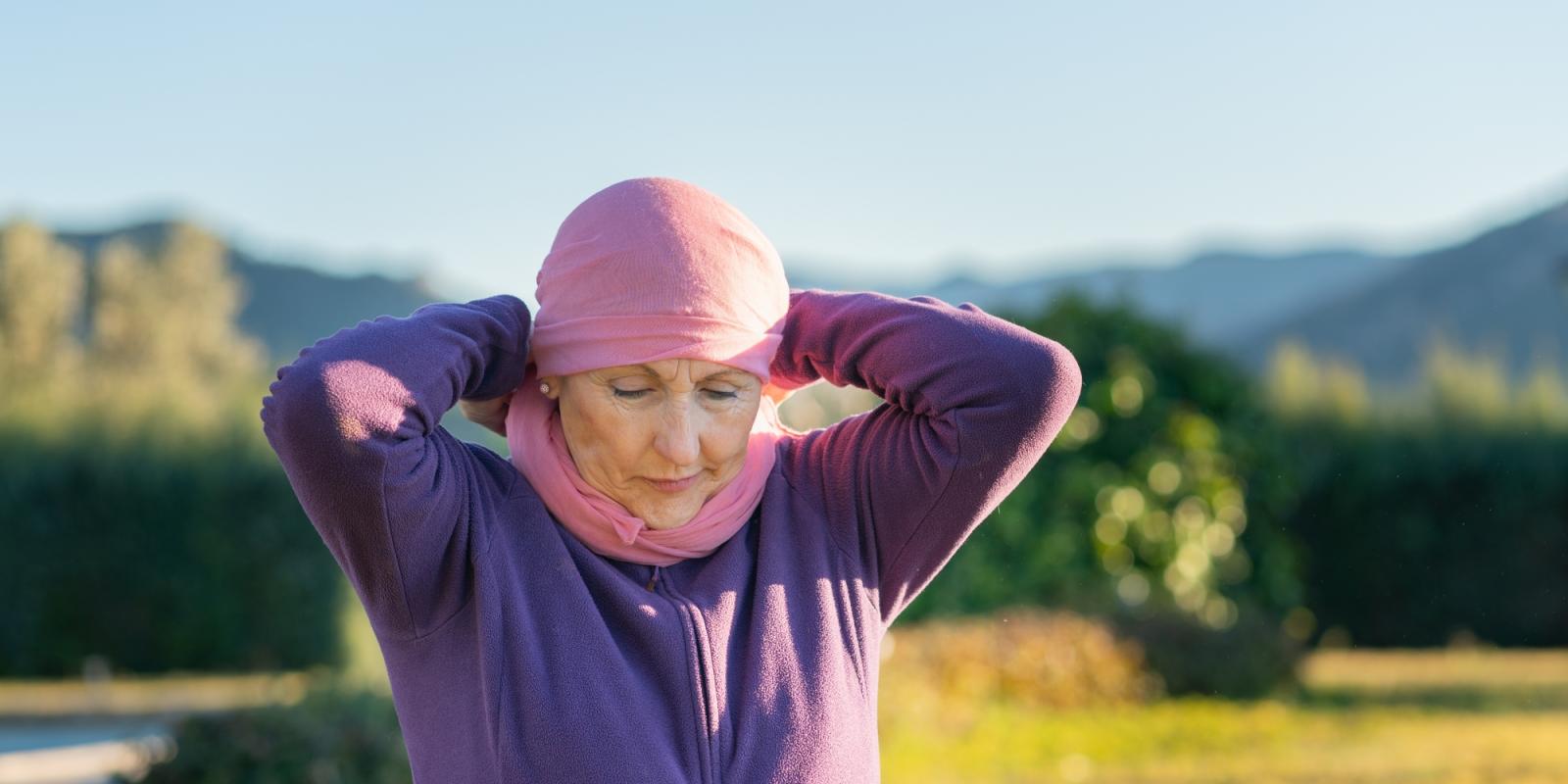ASA this year is concentrating on health and well-being as a theme. This post is one of many tackling that topic in a variety of ways.
With the many areas of health inequity being explored today, one area that would benefit from a good deal more attention is age bias.
The median age of a breast cancer diagnosis is 63. This means the majority of women diagnosed with breast cancer each year are in their 60s, 70s and 80s. And as we live longer, the number of older breast cancer patients will continue to grow, yet little is known about older women’s experiences with the disease.
SHARE Cancer Support, an organization that provides many older women with information and support through their helplines, support groups and educational programs decided to conduct a national survey of women with breast cancer to compare how older and younger women experience this diagnosis. The results suggest specific ways in which healthcare providers can better serve patients.
One thousand women with breast cancer answered the survey. Respondents were divided into four age groups. Women ages 60 to 69, 70 to 79, and 80 and older were considered older women. Their perspectives were compared with women ages 59 and younger.
The survey showed that as women age, their trust in their medical team decreases, with 55% of those ages 80 and older reporting neutral or low trust in their medical team. Trust can be improved when the medical team provides printed materials to read after the physician visit, welcomes a family member or friend to the appointment, follows up with the patient, knows what questions to ask, connects the patient with a cancer support group, and uses the patient’s native language when possible.
Recommendations to improve trust varied by race and ethnicity. Black and Hispanic women preferred working with professionals who spoke their primary language and more often researched information on their own than did White women.
“My oncologist spends 10 minutes looking at her computer and the results from all my tests and then 3 minutes palpating my chest. It’s a very short visit, and she spends more time looking at the computer than at me,” said one survey participant, who was diagnosed at age 76.
‘As women age, their trust in their medical team decreases, with 55% of those ages 80 and older reporting neutral or low trust in their medical team.’
Women older than 80 were less likely than those in other age groups to report shared decision-making with their healthcare team. Nearly two-thirds (63%) of women ages 80 and older reported that their doctor made most of their treatment decisions, a rate nearly twice that of other age groups.
Hispanic women were more likely than other racial/ethnic groups to report that their physician made most of their treatment decisions and were least likely to report shared decision-making. Collaborative decision-making is a key aspect of the treatment plan that incorporates what matters most to the patient, and results in higher patient compliance and confidence, less anxiety and uncertainty, and better communication and outcomes.
“I wasn’t given options. I had a mastectomy. I was curious about reconstruction, but I was poo-pooed like you are so old; what are you thinking about that for? I was very much aware that my age cut off a lot of options for me,” said a survey participant who was diagnosed at age 79.
Women ages 70 and older were most likely to feel that they did not have enough time to consider their options before beginning treatment. Women ages 80 and older were more likely to feel “not informed enough” or “not informed” (28%) compared to 11% of women ages 59 and younger. A breast cancer diagnosis is often overwhelming, and healthcare providers can help minimize confusion by explaining information more completely to older women.
“Well, at your age, if it is cancer, you wouldn’t do anything [have reconstructive surgery], would you? I think that’s my decision, not my insurance company’s. [They were] acting like I was too old to bother with it,” said a survey participant who was diagnosed at age 67.
One in five women did not recall being provided any resources to seek emotional support during treatment. Healthcare providers should discuss how breast cancer treatment will affect women, taking into account mental, social, emotional, financial and sexual factors, regardless of age or race. This is a critical component of comprehensive care for all women with breast cancer.
“When you see a doctor, that doctor is practically breathless from seeing a patient before you and then running off to see another patient after you. This is not a person that you are going to have a conversation with about your anxiety or depression. [The system] is not set up to absorb or entertain or gently handle that kind of issue,” said a survey participant diagnosed at age 68.
Results of the survey showed that older women with breast cancer, especially those ages 80 and older, believe their age affected how their healthcare team treated them as a person and communicated with them. Healthcare providers and cancer support groups are encouraged to recognize the sensitivities of older women in a transparent and open manner and approach them with the added care and concern they deserve.
Kristine De La Torre, PhD, is a neuroscientist with more than 14 years of experience in medical communications, editing and scientific consulting. She provides communications for the non-scientist, patient and caregiver communities, as well as scientists, specialists and professional audiences. De La Torre is a consultant with SHARE Cancer Support, a national nonprofit that supports, educates and empowers anyone who has been diagnosed with women’s cancers, and provides outreach to the public, in New York City.













